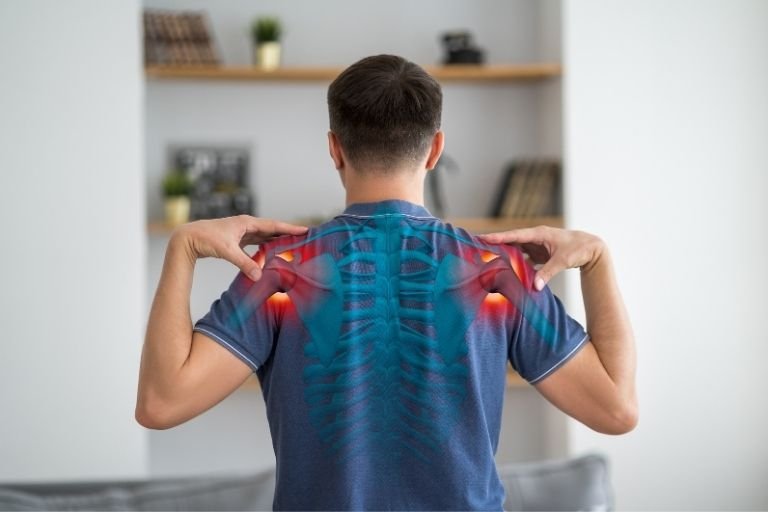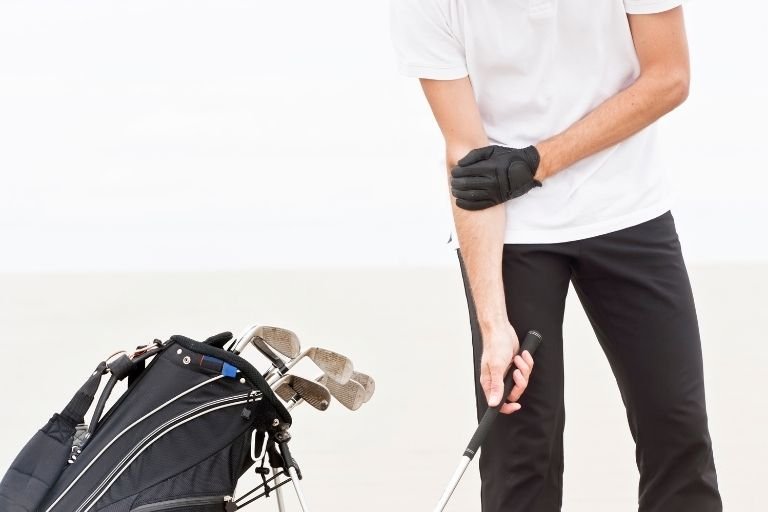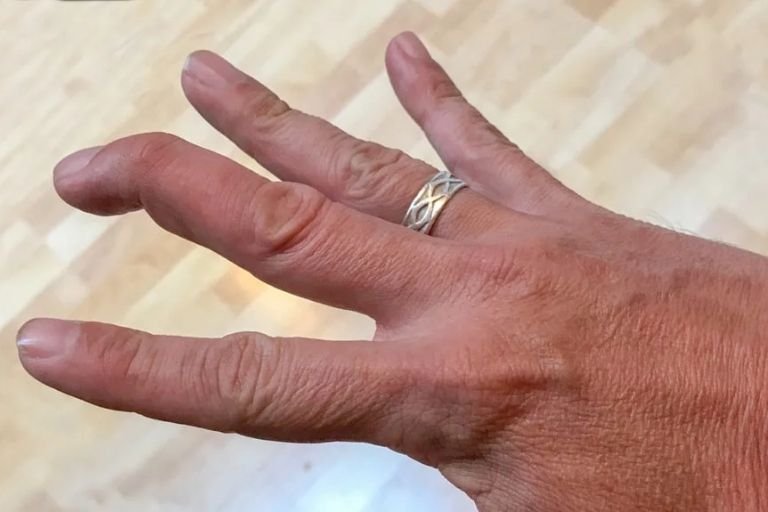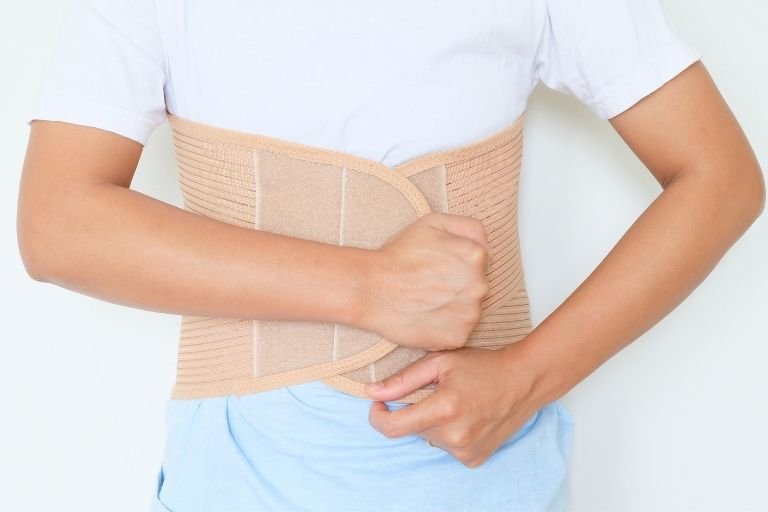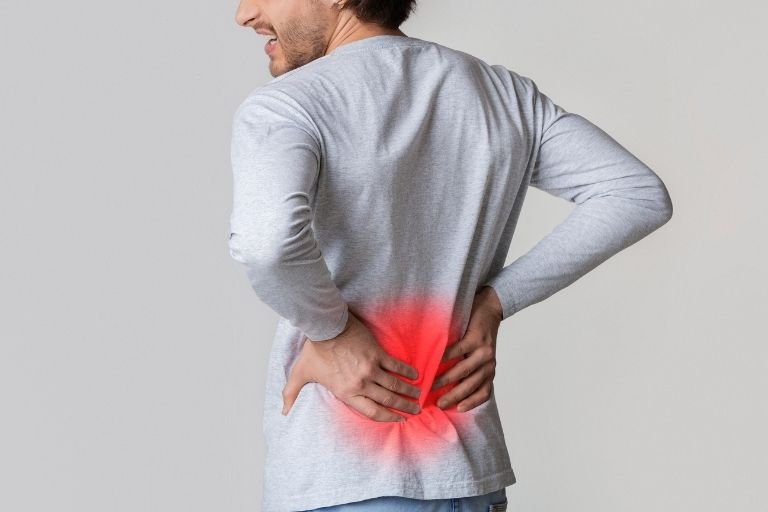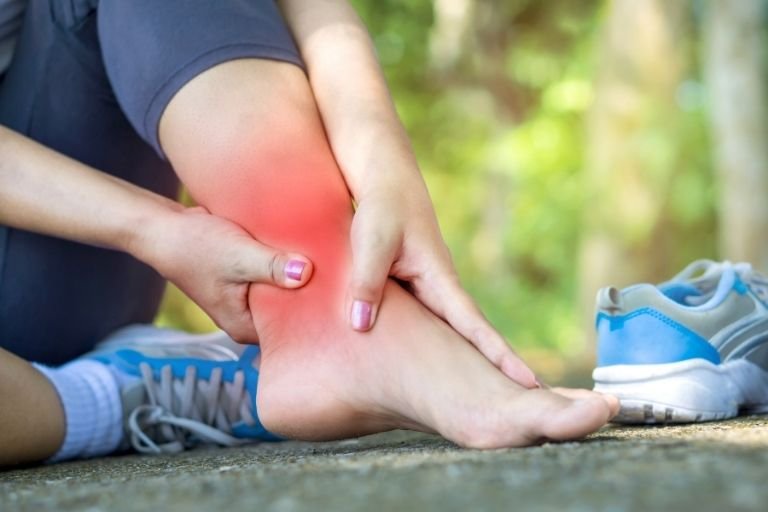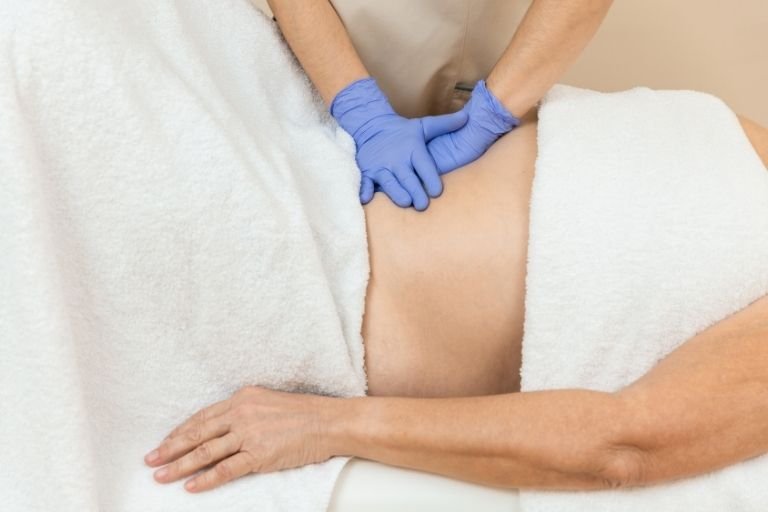- Fitwell Physiotherapy
Club Foot

Club foot, also known as congenital talipes equinovarus (CTEV), is a birth defect where one or both feet are rotated inward and downward. It affects the bones, muscles, tendons, and blood vessels of the foot, causing the foot to appear twisted and out of shape. Club foot is a relatively common condition, occurring in about 1 in every 1,000 live births.
Please submit your details below.
Symptoms
The symptoms of club foot are usually visible at birth and can include:
- The foot appearing twisted or out of shape.
- The top of the foot being twisted downward and inward, increasing the arch and turning the heel inward.
- The affected foot being shorter than the normal foot.
- The calf muscles in the affected leg being underdeveloped.
- Reduced mobility in the affected foot and ankle.
Causes
The exact cause of club foot is not entirely understood, but several factors may contribute to its development:
- Genetics: A family history of club foot increases the likelihood of the condition.
- Environmental factors: Some environmental factors during pregnancy, such as smoking or drug use, may increase the risk.
- Position in the womb: Abnormal positioning of the fetus in the uterus can contribute to the development of club foot.
- Associated conditions: Club foot can be associated with other congenital abnormalities, such as spina bifida.
When to See a Physiotherapist
Early intervention is crucial for the effective treatment of club foot. A physiotherapist should be consulted if:
- Club foot is diagnosed at birth or during a prenatal ultrasound.
- The infant shows signs of foot deformity, such as twisting or stiffness, even if not diagnosed immediately.
- There is concern about the child’s foot development or mobility as they grow.
Risks
If left untreated, club foot can lead to several complications, including:
- Difficulty walking and impaired mobility.
- Pain and discomfort due to abnormal walking patterns.
- Increased risk of developing arthritis in the affected foot.
- Potential social and psychological effects due to the physical deformity.
How to Prevent
There is no guaranteed way to prevent club foot, but certain measures might reduce the risk:
- Prenatal care: Regular prenatal check-ups can help monitor the baby’s development.
- Healthy lifestyle: Avoiding smoking, alcohol, and harmful drugs during pregnancy can reduce the risk of birth defects.
- Genetic counseling: Families with a history of club foot may benefit from genetic counseling to understand the risks for future pregnancies.
Treatments
Treatment for club foot typically begins shortly after birth and aims to improve the appearance and function of the foot. Common treatment options include:
Ponseti Method: This is the most widely used treatment involving a series of gentle manipulations and casting of the foot to gradually correct its position. The process usually starts within the first few weeks of life and may include a minor surgical procedure to lengthen the Achilles tendon.
French Method: This involves daily physical therapy to stretch and manipulate the foot, followed by taping and splinting to hold it in the correct position.
Surgery: In severe cases or when other treatments fail, surgical intervention may be necessary to correct the foot’s alignment. Surgery can involve releasing tight tendons and ligaments and realigning the bones.
Bracing: After initial treatment with the Ponseti or French method, children typically wear a brace for a few years to maintain the corrected position and prevent relapse.
Physiotherapy: Ongoing physiotherapy is essential for maintaining flexibility, strength, and mobility in the affected foot and leg. Physiotherapists provide exercises and guidance to ensure proper development.
Early diagnosis and treatment are crucial for achieving the best possible outcome for children with club foot. With proper care, most children can lead active, normal lives.
Frequently Asked Questions
Related Conditions
How Fitwell Physiotherapy Can Help?
Dr. Richa’s Fitwell physiotherapy has an extensive team of physiotherapists all within their own specialist areas of physiotherapy. Whatever your condition, we guarantee that we will have the best physiotherapist for you. We assess, diagnose, plan, cure and care for you.
Fitwell Physiotherapy Clinic, Pune provides you best physiotherapy treatment in Kharadi, pune. We also serve Chandan Nagar, Vadgaon Sheri, Keshav Nagar, Wagholi & nearby Areas in Pune. We are experts in treating Neck Pain, Hand Pain, Back Pain, Lower Back Pain, Knee Pain, Stiff Neck, Sciatica, Arthritis, Stroke Paralysis & Post Surgical Rehab.
We provide Specialized physiotherapy treatments in Sports Injuries, Pre and post Surgery, Neurologic, Pediatric, Chronic Pain/Fatigue, Rheumatology, Women’s Health, Men’s Health, Ergonomics, Vestibular, Amputees & all sort of Pain treatment and lifestyle conditions.






















